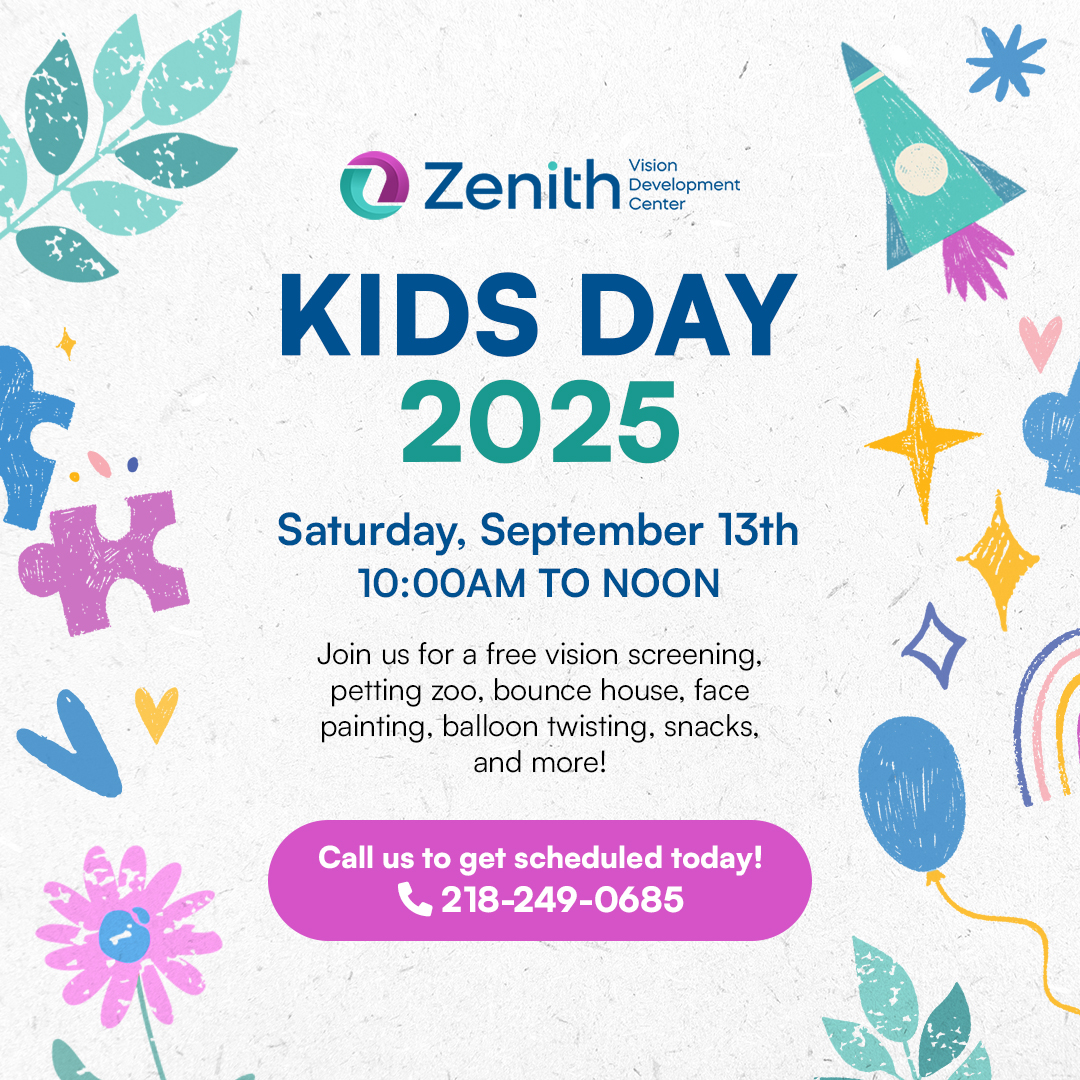
Vision therapy is a personalized, non-surgical treatment program designed to improve visual skills and abilities. It involves a series of specialized exercises and activities that target the visual system, including the eyes, brain, and the connection between them. The goal of vision therapy is to enhance visual processing, improve eye coordination, and address a variety of vision-related issues, ultimately enhancing an individual's overall visual performance and quality of life.
The Importance of Early Intervention in Vision Therapy
Early intervention is crucial when it comes to vision therapy, especially for children and adolescents. During the formative years, the visual system is rapidly developing, and any underlying issues or abnormalities can have a significant impact on a child's overall development, academic performance, and social interactions. By addressing vision problems early on, vision therapy can help to prevent or mitigate long-term consequences, setting the stage for a lifetime of improved visual function.
Vision Therapy for Children and Adolescents
Children and adolescents are the primary beneficiaries of vision therapy, as their visual system is still in the process of maturation. Vision problems, such as lazy eye (amblyopia), eye coordination issues (strabismus), or difficulties with focusing and tracking, can significantly impede a child's ability to learn, read, and engage in everyday activities. Vision therapy can help to correct these issues, improving visual skills, enhancing academic performance, and boosting self-confidence.
Lazy Eye (Amblyopia): Vision therapy can be highly effective in treating lazy eye, a condition where one eye is weaker than the other. Through a series of specialized exercises and activities, vision therapy can help to strengthen the weaker eye and improve overall binocular vision.
Eye Coordination (Strabismus): Vision therapy can address issues with eye coordination, such as crossed eyes or misaligned eyes, by training the eyes to work together more effectively. This can improve depth perception, reduce eye strain, and enhance overall visual performance.
Visual Processing and Tracking: Vision therapy can help children and adolescents who struggle with visual processing and tracking, which can impact their ability to read, focus, and perform well in school. Specialized exercises can improve these visual skills, leading to better academic outcomes and a more positive learning experience.
How Adults and Seniors Can Benefit from Vision Therapy
While vision therapy is often associated with children and adolescents, it can also be highly beneficial for adults and seniors. As we age, our visual system can undergo various changes, leading to a range of vision-related issues that can impact our daily lives. Vision therapy can be an effective solution for addressing these problems and improving visual function.
Binocular Vision Disorders: Vision therapy can address issues with eye coordination, such as double vision or difficulty with depth perception, improving overall visual function.
Visual Processing Difficulties: Vision therapy can help individuals who struggle with visual processing, such as difficulties with reading, attention, or spatial awareness.
Traumatic Brain Injury and Neurological Conditions: Adults and seniors may also experience vision-related issues due to traumatic brain injuries, strokes, or neurological conditions. Vision therapy can be instrumental in helping these individuals regain and improve their visual skills, facilitating better overall functioning and independence.
Occupational and Lifestyle Needs: Many adults and seniors have specific visual demands related to their occupation or lifestyle. Vision therapy can be tailored to address these unique needs, whether it's improving computer vision, enhancing sports performance, or addressing visual challenges in the workplace.
A Personalized Approach at Zenith Vision Development Center
At Zenith Vision Development Center, we believe that every individual's visual needs are unique, we take a personalized approach to vision therapy. Our developmental optometrist works closely with each patient to develop a customized treatment plan that addresses their specific visual challenges and goals.
We use a comprehensive evaluation process to assess your visual skills, identify any underlying issues, and create a targeted vision therapy program. Our specialized exercises and activities are designed to improve visual processing, enhance eye coordination, and address a variety of vision-related problems, whether you're a child, adolescent, adult, or senior.
If you or a loved one are experiencing vision-related difficulties, schedule a consultation with Zenith Vision Development Center. Dr. Nordwall will work with you to develop a personalized vision therapy plan that can help you achieve your visual goals and improve your overall quality of life. Contact our office in Duluth, Minnesota, by calling (218) 249-0685 to book an appointment today.









